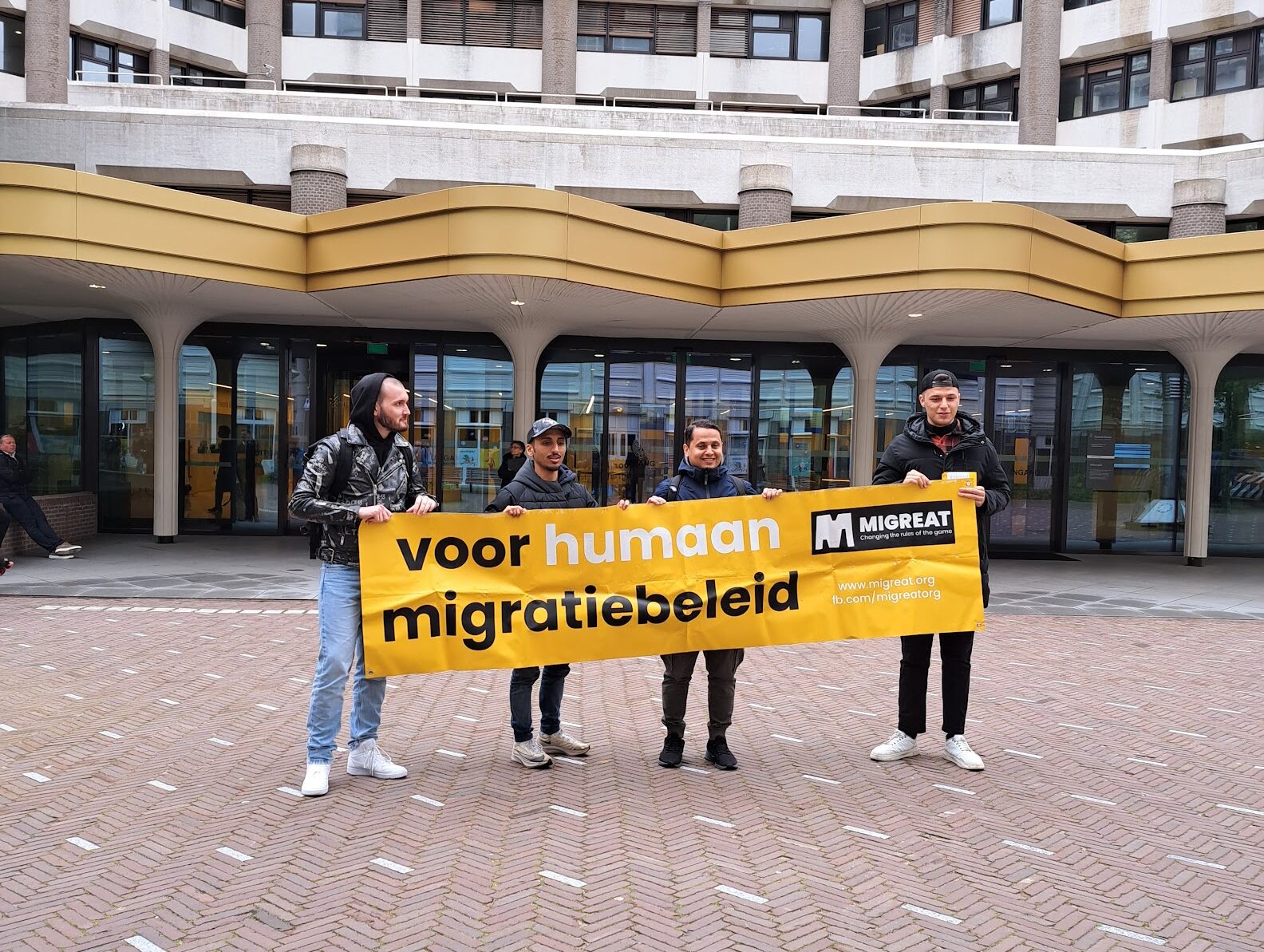Refugees face longer waits for housing, settlement agency warns

Plans to stop giving refugees with residency permits priority for social housing will have “worrying consequences” as waiting times increase and they remain stuck in government-run centres, refugee settlement agency COA said on Friday.
Housing minister Mona Keijzer said in February that she plans to stop councils giving priority to refugees, who are supposed to move into regular housing within 14 weeks of their applications being approved.
Currently, around 70% spend longer waiting for a home, leading to overcrowding in refugee centres, which are already struggling to accommodate everyone. Approximately 19,000 people who should have moved into regular housing are still living in state run accommodation.
Only 7% of available social housing currently goes to refugees with residency permits, according to figures from national statistics agency CBS.
Research shows that spending years in regulated refugee centres negatively impacts physical and mental health, finances, education, language skills, and employment—in other words, the overall integration of refugees, COA said.
The integration process is the responsibility of local councils, and “as long as refugees remain in a centre, the start of their integration process is delayed,” the agency said.
In 2017, the government removed the requirement that local authorities allocate a certain percentage of rental homes to refugees, leaving them the option of whether to do it or not.
Now Keijzer plans to stop any priority ruling for refugees, in line with plans agreed in the coalition deal.
The waiting lists for social housing average at least seven years, but in some places, such as Amsterdam, it is more than double that.
Payments
In February, immigration minister Marjolein Faber said she is prepared to pay local authorities €30,000 per person if they provide other housing for refugees with residency permits who are living in official refugee centres.
She will also pay €60 a day per person if councils develop temporary housing where refugees can start their lives in the Netherlands outside the centres.
However, last year, Faber rejected plans by Apeldoorn city council to provide shared accommodation for 50 refugees because it is “not basic enough.”
The minister’s draft legislation to reduce the flow of the refugees to the Netherlands will also stop them bringing in families until they have a proper home to offer them.
Thank you for donating to DutchNews.nl.
We could not provide the Dutch News service, and keep it free of charge, without the generous support of our readers. Your donations allow us to report on issues you tell us matter, and provide you with a summary of the most important Dutch news each day.
Make a donation